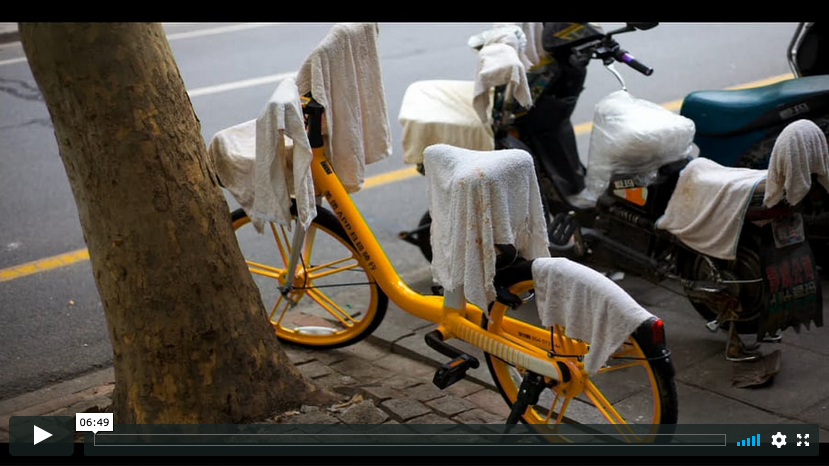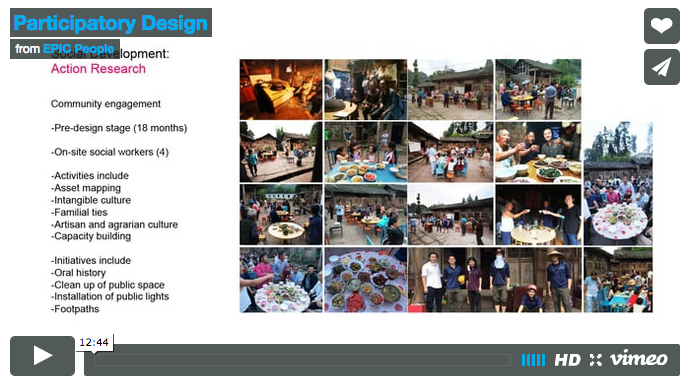This paper reports on the use and perceptions of deployed A.I. and recognition social-material assemblages in China and the USA. A kaleidoscope of “boutique” instantiations is presented to show how meanings are emerging around A.I. and recognition. A model is presented to highlight that not all...










